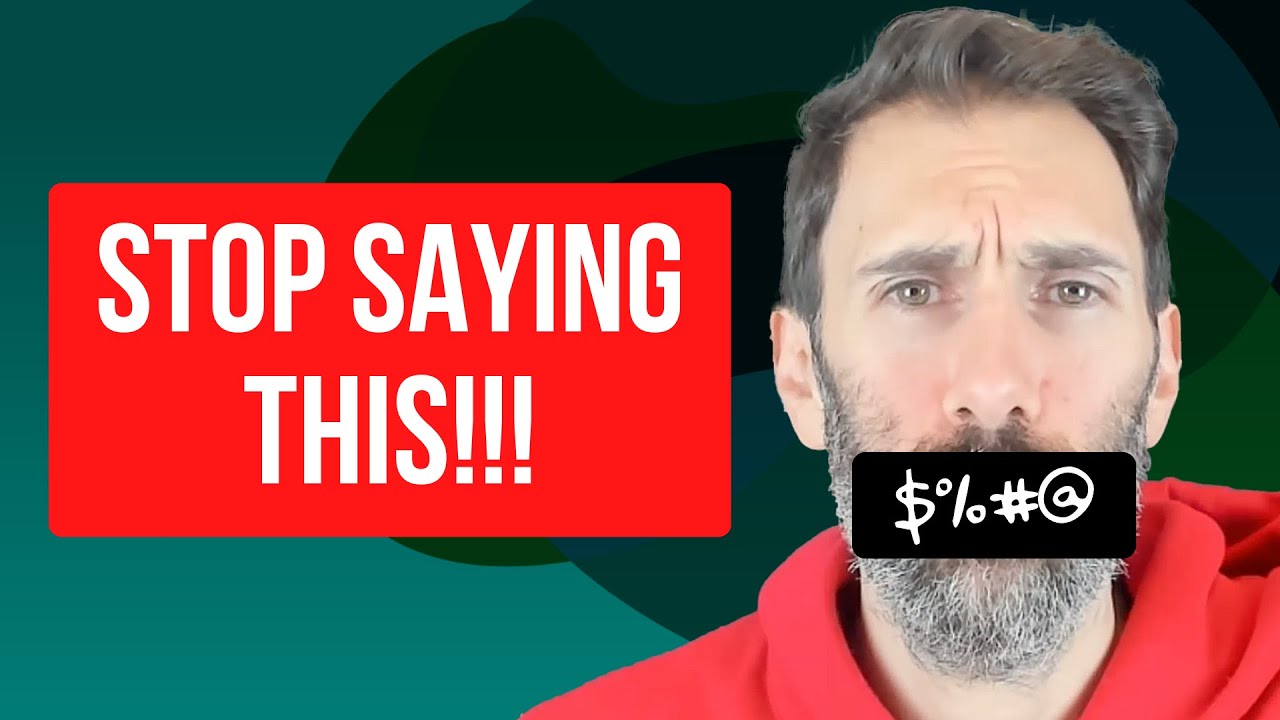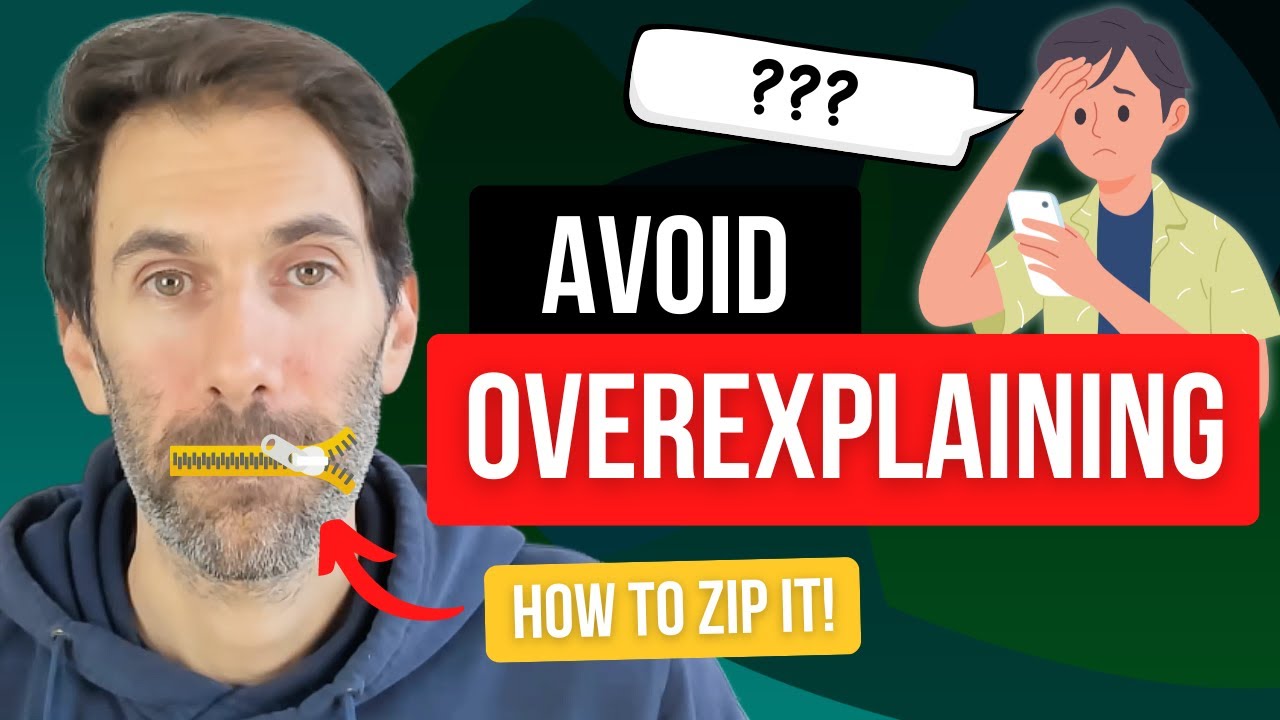Are You Undiagnosed Autistic? How To Tell If You're On The Autism Spectrum | Patron's Choice
Summary
TLDRIn this video, Paul explores the journey of identifying as an autistic adult, focusing on the internal experiences that define autism rather than external behaviors. He highlights common experiences such as feeling different, being misunderstood, and navigating social confusion. Paul emphasizes the importance of finding a supportive community and understanding one's own unique experience, encouraging self-reflection and exploration. The video offers valuable insights for those suspecting they may be on the spectrum and provides guidance on how to proceed with self-identification and seeking support.
Takeaways
- 😀 Autism is often misunderstood through external behaviors, especially in adults, due to masking and learned coping strategies.
- 😀 Masking is when an autistic person hides their natural traits to blend in, which can last for decades without realizing it.
- 😀 It's crucial to focus on the internal experience of being autistic rather than just external behaviors to understand the true impact of autism.
- 😀 Autistic individuals often feel extremely different from others, leading to feelings of isolation or thinking they are from a different species, especially during childhood.
- 😀 Many autistic people experience being invalidated or disbelieved by others when they share their sensory sensitivities or difficulties, which can damage self-esteem.
- 😀 Social confusion arises for many autistic individuals, where social interactions like walking in groups or responding to greetings can feel intellectually overwhelming and confusing.
- 😀 Autistic people may struggle with overthinking social interactions, often observing others rather than engaging directly, which can lead to exhaustion and anxiety.
- 😀 Finding a community of people who truly understand your experience, and validating your feelings, is a transformative and life-changing experience for many autistic individuals.
- 😀 Self-diagnosing as autistic can be powerful and help individuals make sense of their struggles, though some may also seek formal diagnoses for more support.
- 😀 When considering whether you're on the spectrum, connecting deeply with others who share similar experiences is a strong indicator of being autistic, but not everyone will resonate with every autistic person.
- 😀 Seeking support is essential, whether through a professional diagnosis, support groups, or other autistic people, as this journey can be overwhelming and emotionally intense.
Q & A
What is the main focus of the video discussed in the transcript?
-The video focuses on helping individuals who may be undiagnosed with autism recognize signs of being on the spectrum and explores what it feels like to be autistic.
Why is it difficult to diagnose autism based solely on external behavior?
-As people age, they develop sophisticated coping mechanisms, such as masking, to hide their autistic traits. This makes it challenging to diagnose autism based solely on visible behaviors, especially in adults.
What is the concept of masking, and how does it affect people with autism?
-Masking refers to the practice of hiding or suppressing autistic traits to conform to societal expectations. It can be mentally and emotionally exhausting, and many individuals with autism may mask for years without even realizing it.
How do adults with autism often feel when they finally receive a diagnosis?
-Adults often feel a profound sense of relief and validation when they receive a diagnosis, as it explains experiences they've had their entire life and connects them with a community of others who understand their struggles.
What is the first defining experience of being autistic, as described in the video?
-The first defining experience is feeling different, sometimes to the point of questioning whether one belongs to the same species as others, due to an inability to relate to peers.
Can social confusion be considered a lack of social skills in autistic people?
-No, social confusion is not necessarily a lack of social skills. It's more about over-intellectualizing social interactions and struggling with aspects of socializing that neurotypical people often do instinctively, such as how to stand in a group or respond in conversations.
What does it mean when someone with autism experiences 'social confusion'?
-Social confusion occurs when someone overanalyzes social situations, often leading to feelings of isolation or inadequacy because they are unsure how to interact or participate in social groups without feeling left out.
What impact does not being believed have on individuals with autism?
-Not being believed can severely affect a person's self-esteem and confidence. When others dismiss or invalidate their sensory experiences or struggles, individuals may begin to doubt their own perceptions and feel increasingly isolated.
What advice does the video offer for those who might be undiagnosed but suspect they are on the autism spectrum?
-The video encourages individuals to explore their experiences further, seek a supportive community, and consider professional help. It's also important to gather evidence of one's own experiences and share them with professionals during a diagnosis process.
What role does community support play in the lives of undiagnosed autistic individuals?
-Community support is crucial, as it provides a sense of belonging and validation. Connecting with others who share similar experiences can help individuals understand themselves better and provide emotional support during the exploration of their autism diagnosis.
Outlines

This section is available to paid users only. Please upgrade to access this part.
Upgrade NowMindmap

This section is available to paid users only. Please upgrade to access this part.
Upgrade NowKeywords

This section is available to paid users only. Please upgrade to access this part.
Upgrade NowHighlights

This section is available to paid users only. Please upgrade to access this part.
Upgrade NowTranscripts

This section is available to paid users only. Please upgrade to access this part.
Upgrade NowBrowse More Related Video

No, I don't "look" autistic (BUT...)

37 Things to Stop Saying to Autistic People!!

How Adult Autism Goes Undetected

Is ABA Therapy Harmful? Autistic BCBA Speaks About ABA Controversy

Are you an over-explainer? The Real Reason You Keep Over Explaining Yourself (And How to Fix It!)

Welcoming autism into the workplace
5.0 / 5 (0 votes)